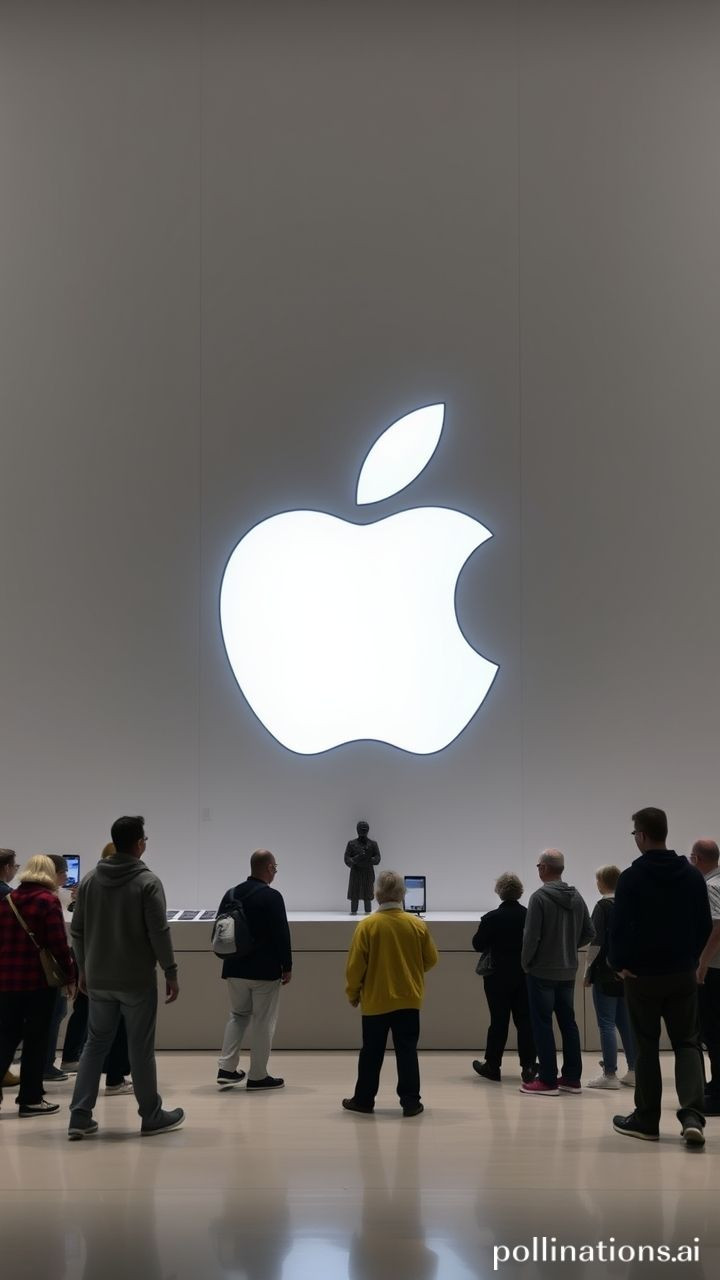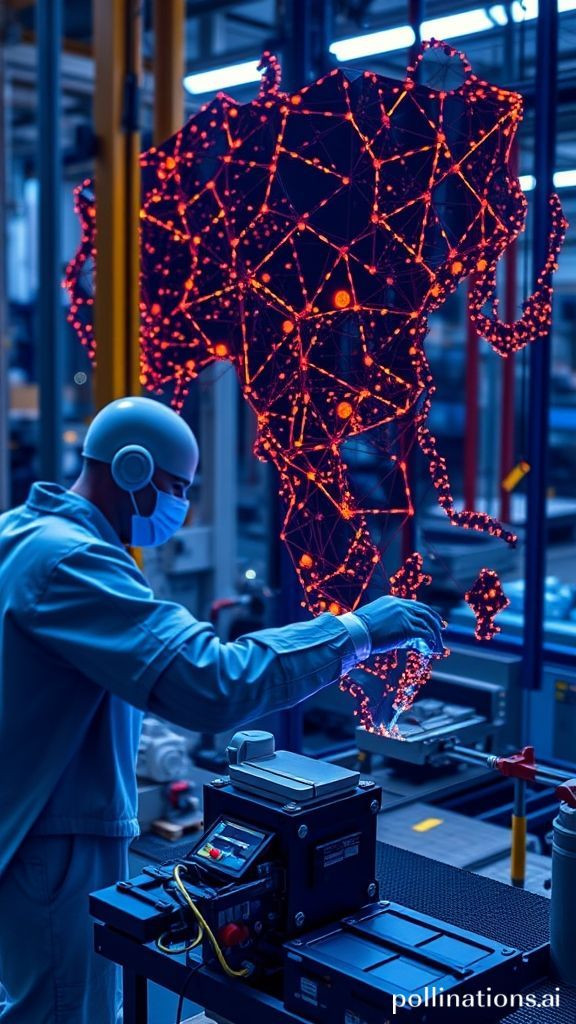
Why Apple is Unlikely to Manufacture iPhones in the US A Complex Supply Chain Conundrum
Why Apple is Unlikely to Manufacture iPhones in the US A Complex Supply Chain Conundrum

Title Why Apple is Unlikely to Manufacture iPhones in the US A Complex Supply Chain Conundrum
The notion that President Donald Trump's tariffs on China would prompt Apple to manufacture its iconic iPhones domestically is an unlikely scenario. Despite the current 145% tariff on products made in China, where Apple has manufactured most of its iPhones since 2007, shifting production to the US is not a feasible option.
Apple's complex supply chain, built over two decades in China, makes it challenging for the company to abruptly shift its manufacturing operations to the US. Building new plants would require significant investments and take several years to complete. Moreover, the cost of production in the US could triple, making an iPhone that currently costs $1,000 soar to more than $3,000.
Analysts like Dan Ives from Wedbush Securities believe that moving production domestically is a non-starter. He estimates that it would take until at least 2028 for Apple to reconfigure its supply chain and production processes in the US. Price points would move so dramatically, it's hard to comprehend, he said.
Apple has not publicly commented on Trump's tariffs, but the topic may come up during CEO Tim Cook's quarterly conference call on May 1. Meanwhile, investors are bracing for a potential price increase if Apple decides to absorb the cost of tariffs or pass them on to consumers.
The company's reliance on China is not limited to iPhone production. Its supply chain is deeply entrenched in the country, making it challenging to decouple from China's manufacturing ecosystem. The impact of tariffs will be felt across Apple's product lineup, including its popular AirPods and iPads.
However, analysts like Dipanjan Chatterjee from Forrester Research point out that Apple has some flexibility to absorb cost increases without significantly impacting its financials. This is due to the company's subscription-based services, which generated $96 billion in revenue last fiscal year and are not affected by tariffs.
In conclusion, while Trump's tariffs may prompt some manufacturers to reevaluate their supply chains, Apple's complex production process makes it unlikely to manufacture iPhones domestically anytime soon. The pugnacious nature of the situation has led to a stalemate, with both sides entrenched in their positions.






